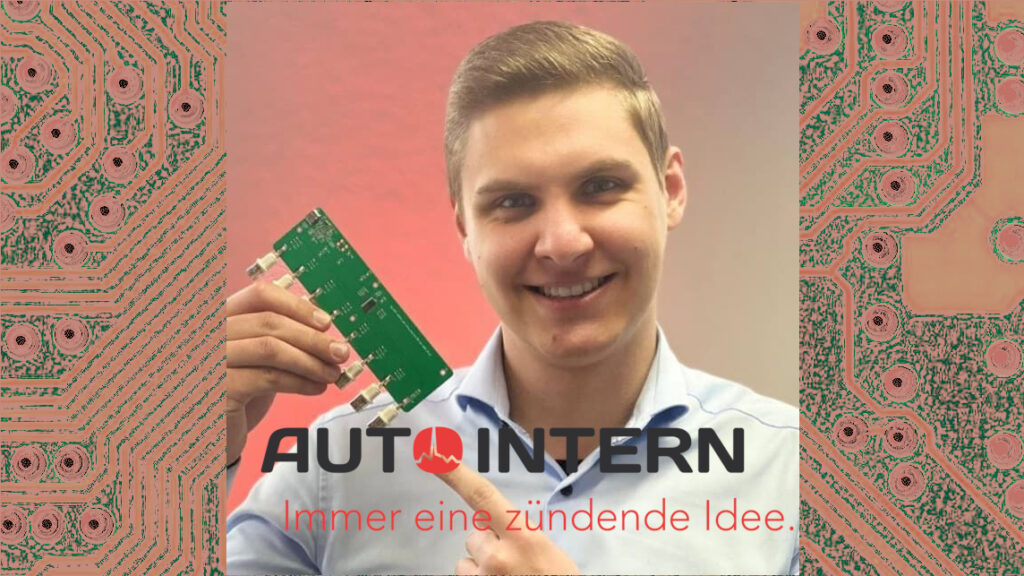Introducing the Consortium: In our interview series, the consortium partners of Car Repair 4.0 introduce themselves. This interview is with Auto-Intern GmbH.

Profile
About the author: René Glitza, Chief Project Officer (CPO)
Enterprise: Auto-Intern GmbH, Gebäude B29, Herner Str. 299, 44809 Bochum, Germany
Role in the project: Expert in automotive diagnostics, developing small, robust and easy-to-use oscilloscopes, non-invasive oscilloscope measurements for platforms.
Website: https://gruppe.ai/
By Ralf Schädel, IT Editor and Project Manager Cloud Services and Gaia-X at eco – Association of the Internet Industry
Car Repair 4.0: Mr Glitza, what is the significance of Car Repair 4.0 for the German automotive service landscape?
René Glitza: Using automotive oscilloscopes in car repair shops is an underestimated tool. However, its use requires trained and experienced automotive technicians. The use of AI can make this type of error diagnosis accessible to the masses.
In addition to maintenance and servicing, which other business areas in the automotive sector could be affected by AI-supported vehicle diagnostics?
Glitza: AI-supported vehicle diagnostics offer great potential in optimising processes beyond just maintenance For example, quality defects can be detected at an early stage and improve the manufacturing of the cars in a sustainable way.
Why is artificial intelligence (AI) particularly suitable for offering added value to SMEs?
Glitza: It is precisely through the merger of many SMEs, as in the context of Gaia-X, that AI can also be used in companies with limited resources. The added value thus arises in the area of process optimisation, for example, and helps to open up new business fields.
What benefits do you hope Car Repair 4.0 will bring to your company?
Glitza: Through the Car Repair 4.0 project, we hope to create sustainable jobs and thus be able to offer young engineers exciting projects.
Do AI applications already play a role for you?
Glitza: One of our core businesses is the development of condition monitoring and predictive maintenance algorithms. There, we rely on analytical, stochastic as well as machine learning methods for data analysis.
How do your customers benefit from a more accurate diagnostic procedure?
Glitza: The Volkswagen AG Windows-based diagnostic system VCDS already provides our customers with an accurate diagnostic procedure. With the new development in the field of AI-supported automotive diagnostics, misdiagnoses can now be significantly reduced, which increases efficiency in car repair shops.
How would you describe your contribution to the project?
Glitza: With my experience in developing machine learning algorithms and embedded systems, I understand the issues faced by all research partners and can therefore communicate the requirements efficiently.
Thank you for your support!
Did you like this article? Then subscribe to our Newsletter and receive regular updates on similar topics and on the car repair project, and discuss this and similar exciting topics with us in our LinkedIn group.
